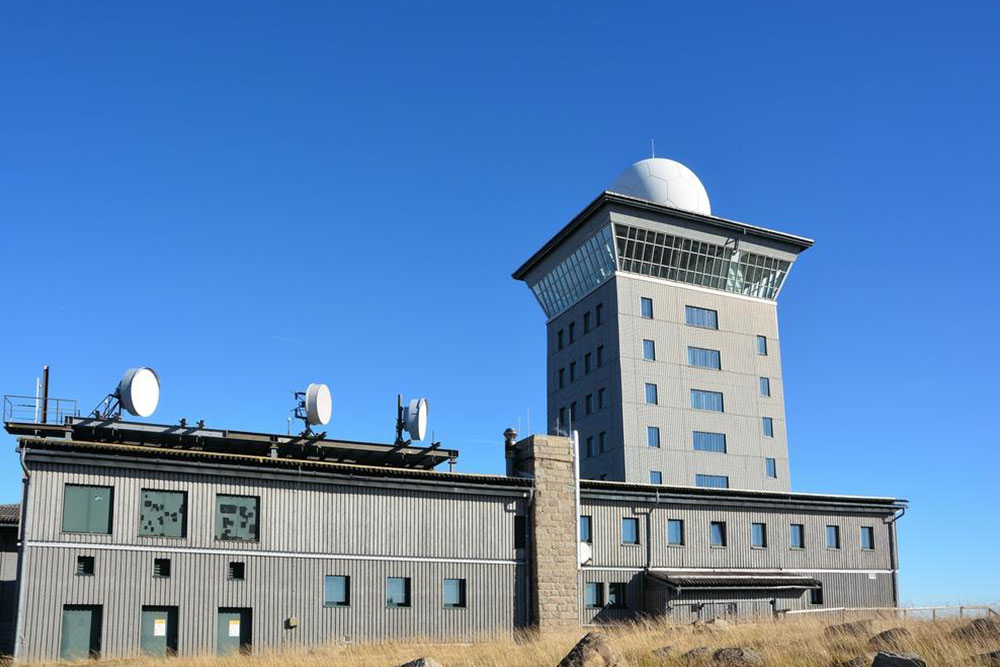Automated weather stations
Collecting data manually can get tedious. It gets more challenging when you have to collect and report weather data of greater area (such as states or counties when compared to a small town or a city) to a central location which will be broadcasted for the residents of those locations. Automated weather stations were developed for this sole purpose.
Auto weather systems are intended to save labor or collect data from a remote location. they have wireless communications as their integral part as they send recorded weather data through mobile or satellite technology. The automatic weather system may or may not report real time data depending on whether or not it has Argos system or global positioning system.

Automatic weather systems are normally installed on electricity poles or masts (these arrangements generally measure wind speed or the level of solar radiation). The components of an automatic weather system is the Data logger. It logs the data for future references. The main function of a data loggers is, measuring and storing the information from every sensor. Calculating the data (such as minimum, maximum and average). A data logger can store the data in its own memory or an external memory (maybe a SD card). They communicate with their (remote) server using different protocols, GSM GPRS or CDMA or RS232 to name a few.
Automatic weather stations that have solar panels are connected parallelly with the rechargeable batteries. The solar output is at its optimum for 5 hours a day. Mounting and position plays a vital role in power generation.
Weather predictions have improved since the past decade as today’s weather stations use mathematical equations and powerful computers that collect humongous data that helps it predict weather with better accuracy.
Personal automatic weather stations are generally for entertainment and educational purposes. The data collected by some of them are aired on radio or posted on the internet. Personal radio stations might differ in the readings and accuracy as the ones collected by meteorological departments, as the instruments used might have been calibrated or placed in a different way.
In totality, weather stations play an important role in keeping a vigil on the changing weather and alerting the concerned authorities to take necessary measures.

